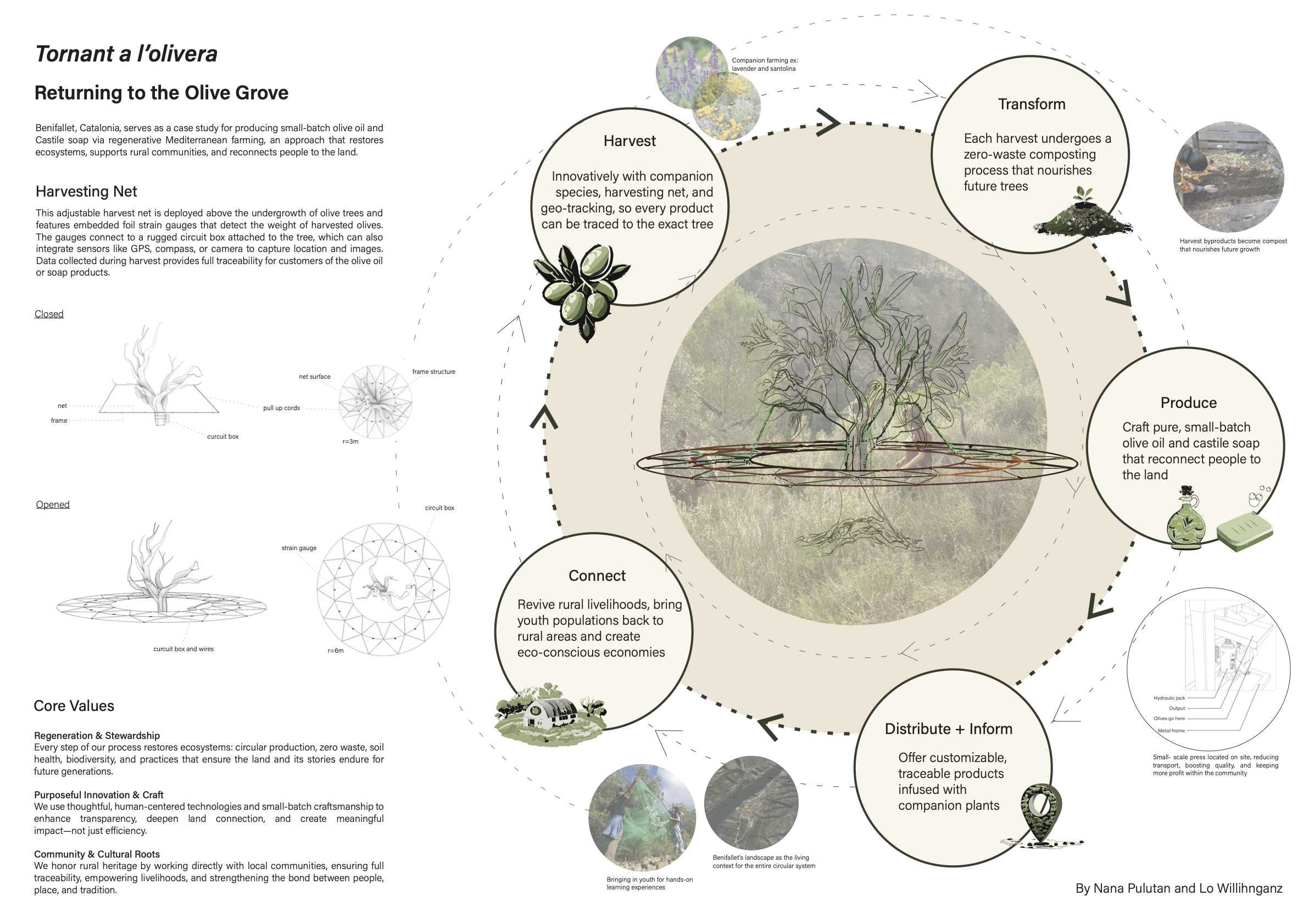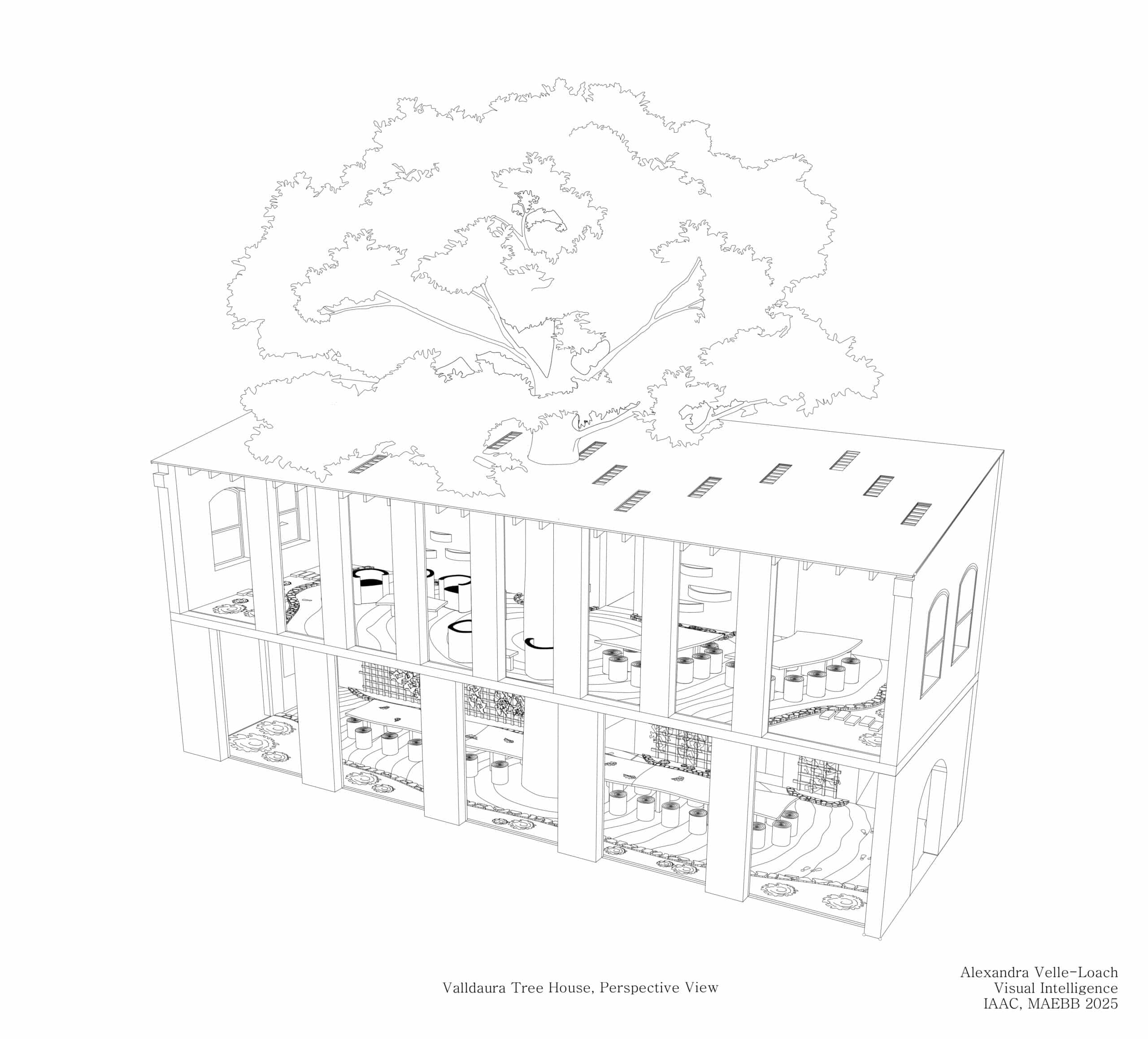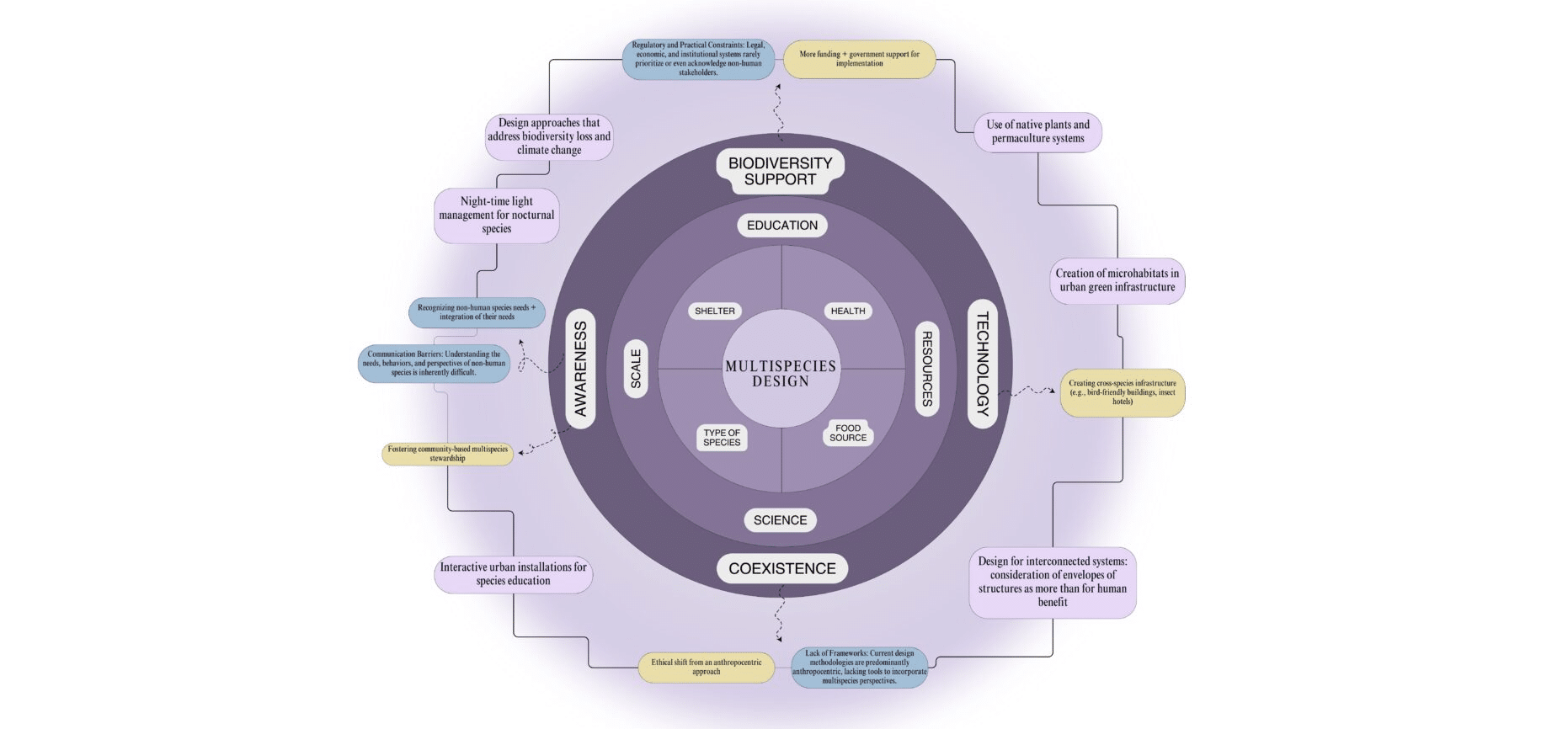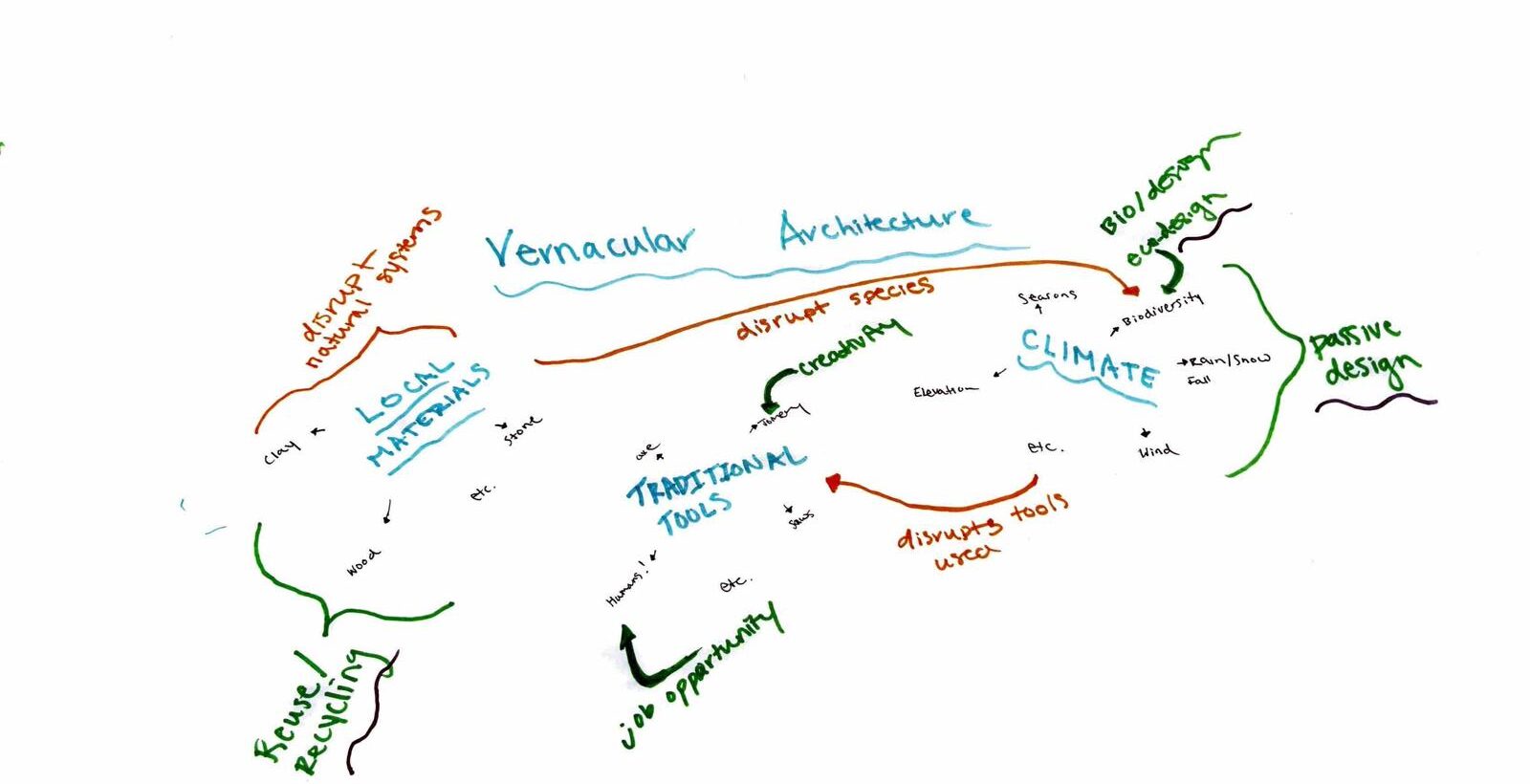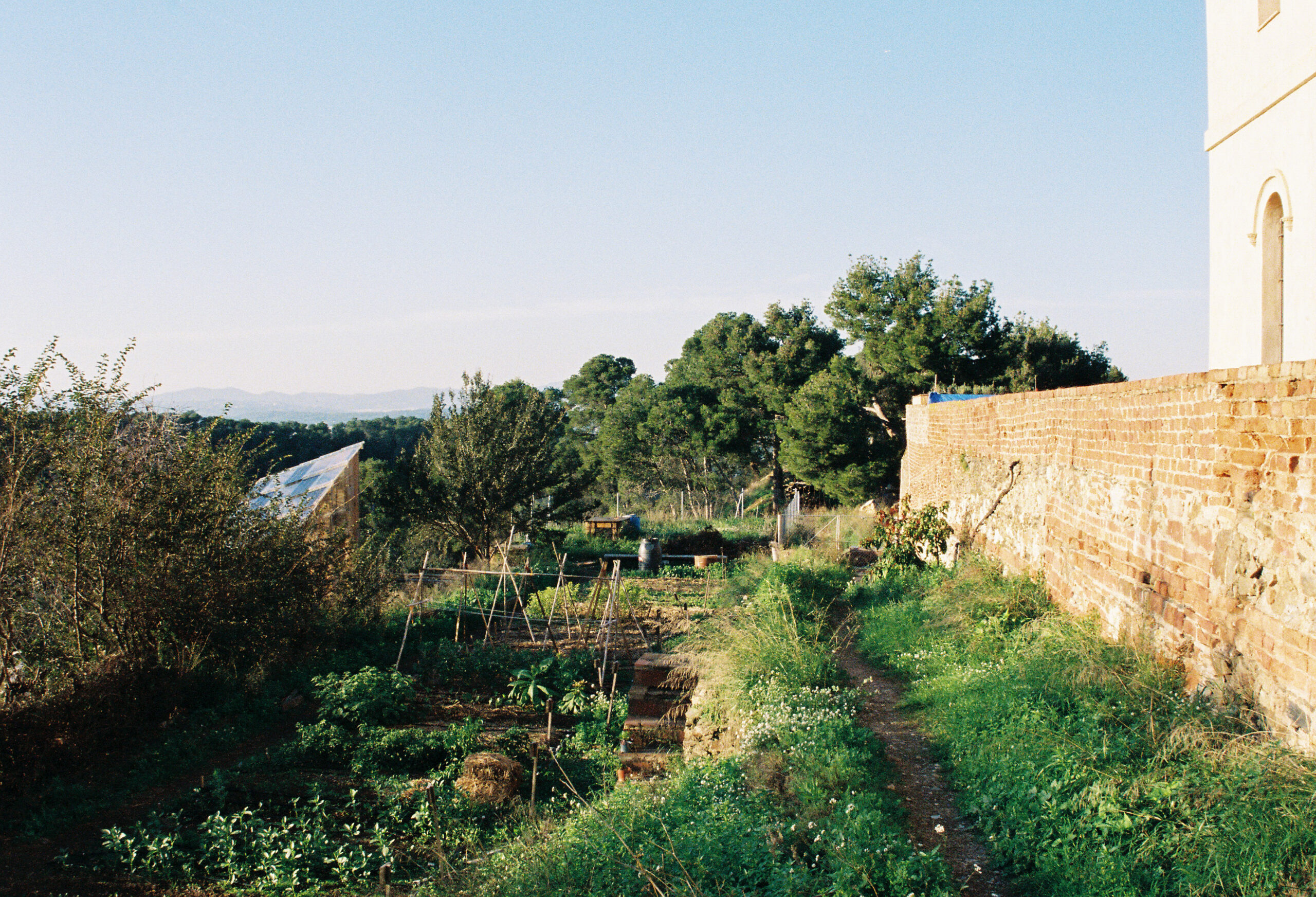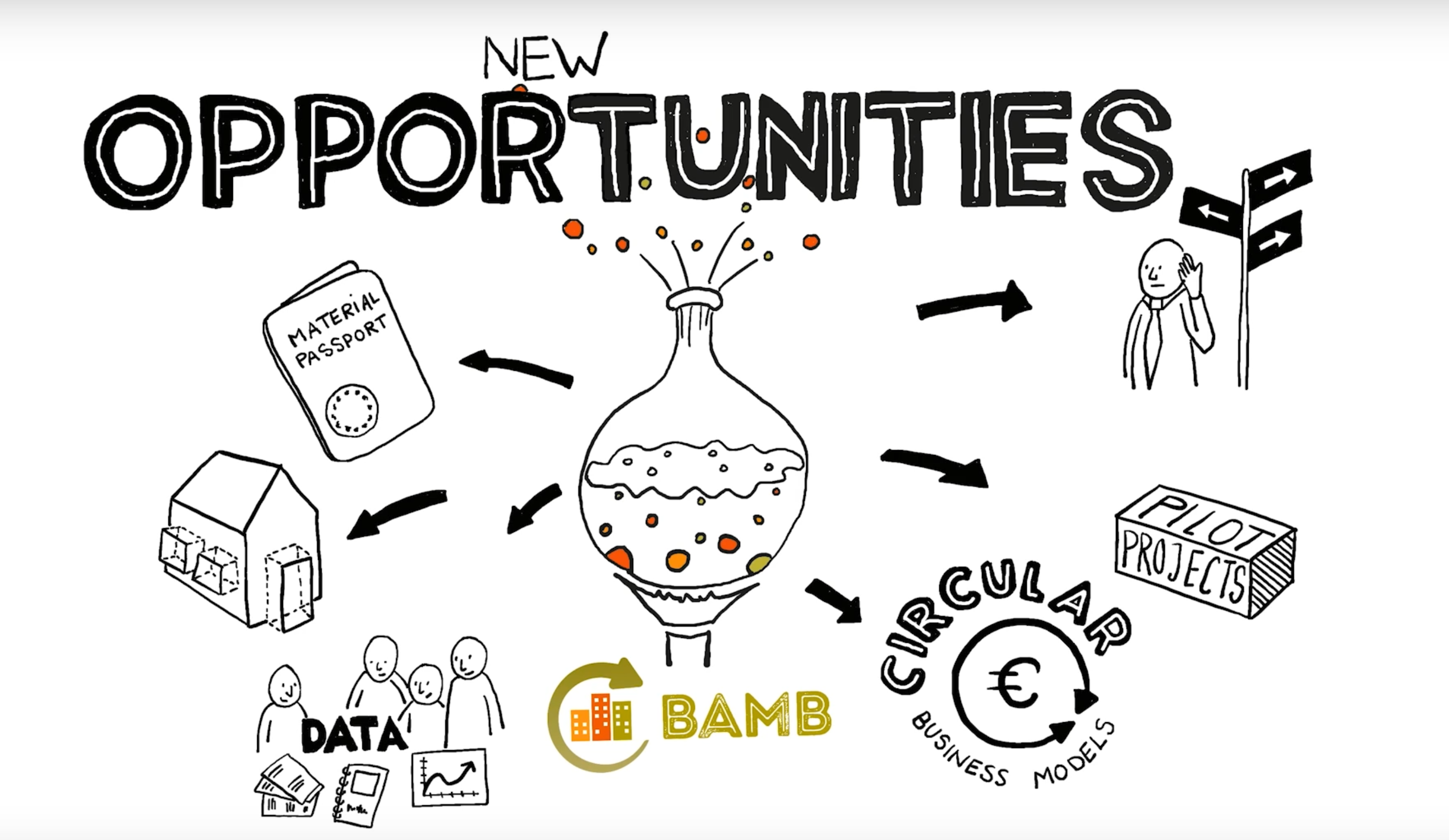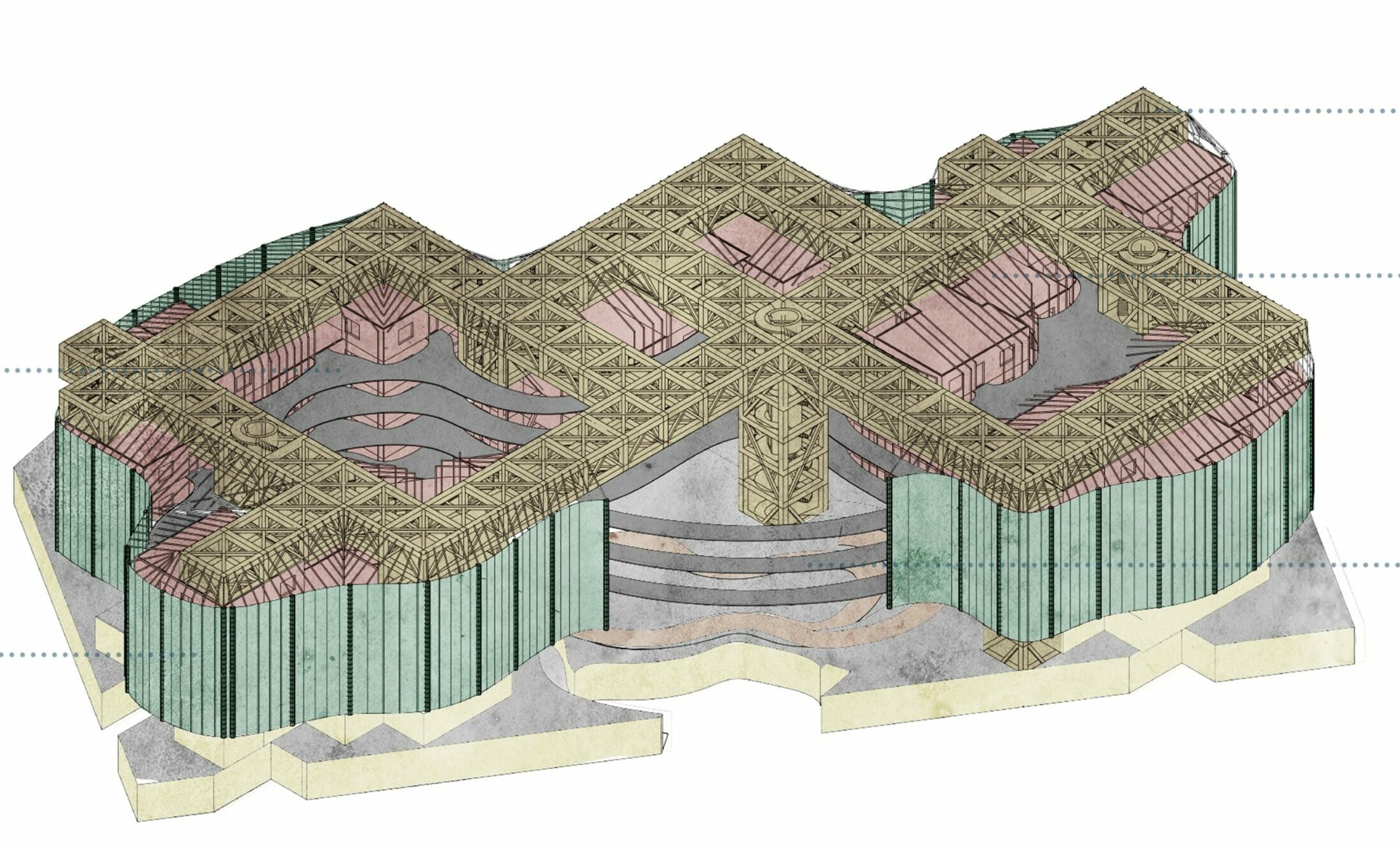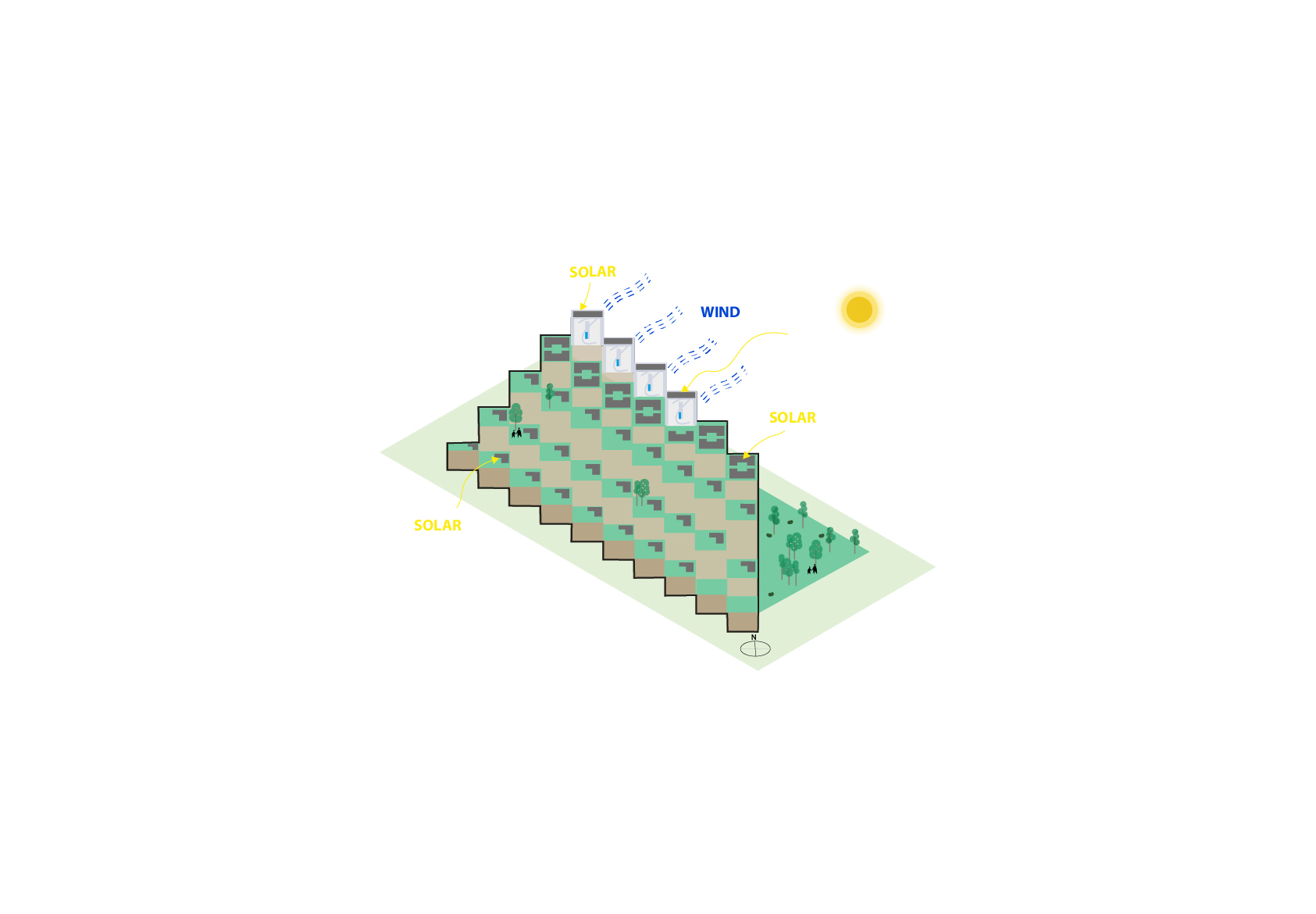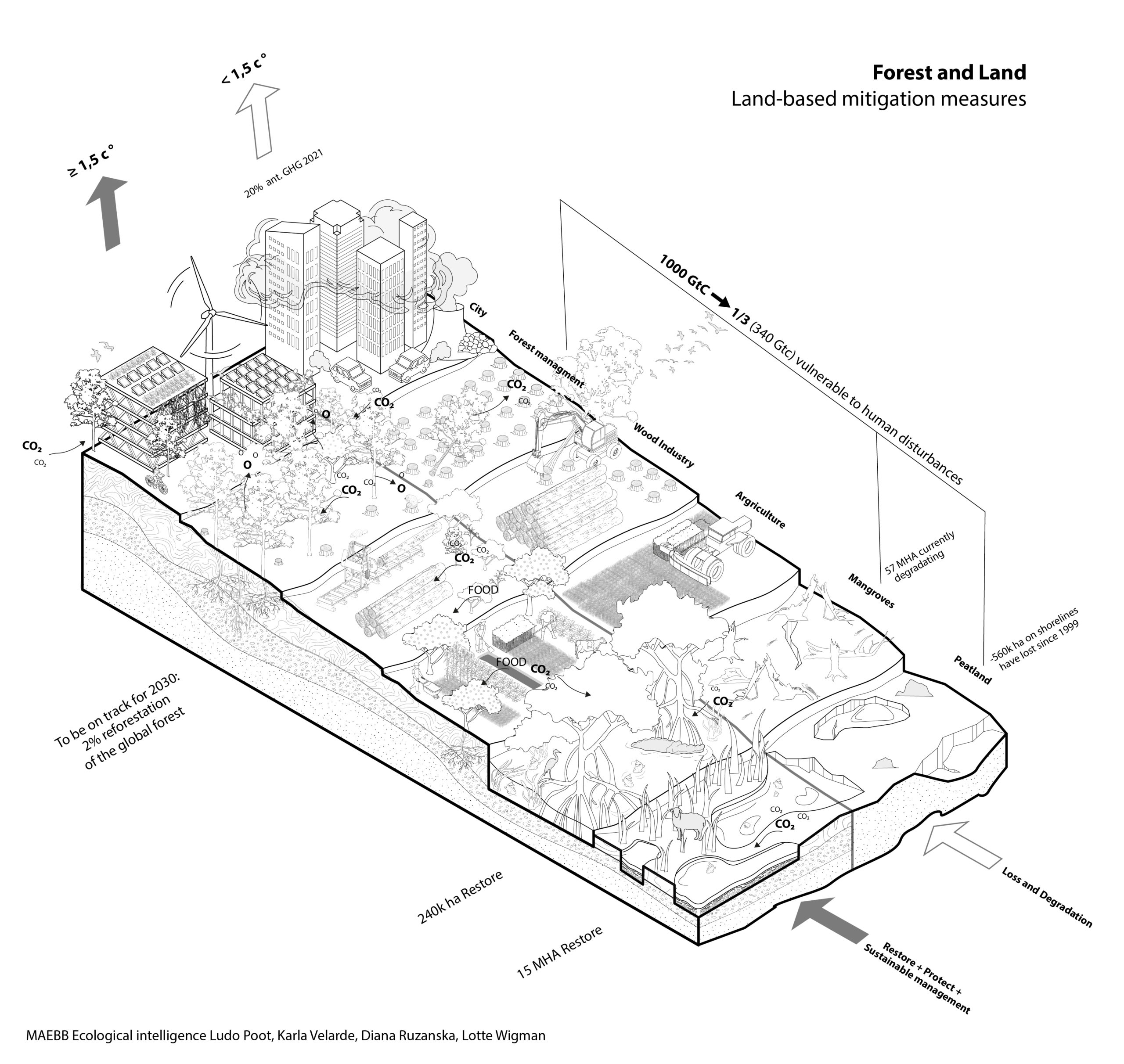Traceable Extra Virgin Olive Oil & Artisanal Castile Soap: A Business Plan
Tornant a l’olivera was born from a simple belief: that the most nourishing products come from landscapes that are alive, respected, and cared for. Based in Catalunya, we work with regenerative olive groves where resilient olive trees coexist with aromatic undergrowth—lavender, rosemary, and native plants that strengthen ecosystems and shape the character of each harvest. … Read more

